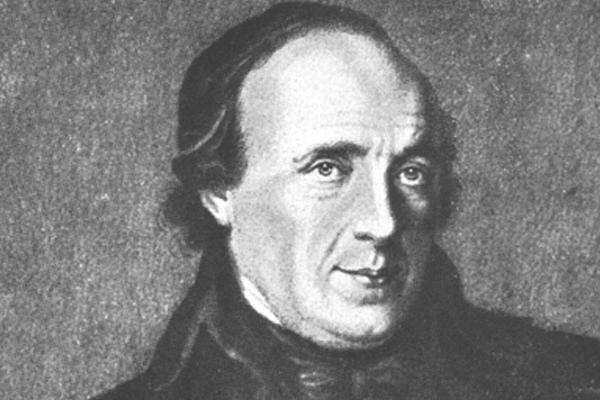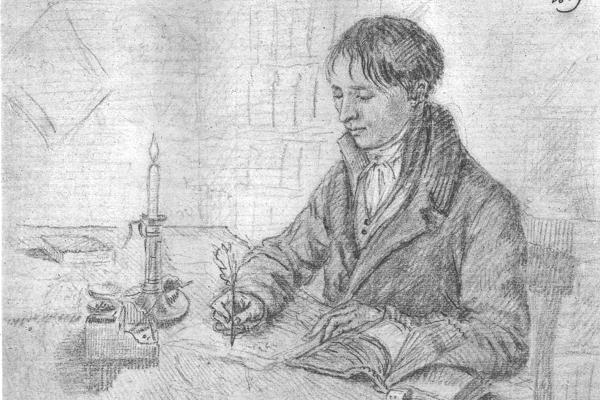The University’s stay in Landshut lasted for only 26 years, but here LMU was able to develop a profile of its own, as other Bavarian universities had either been closed permanently or suffered a loss of status. First Minister Maximilian von Montgelas continued to follow the staffing policy he had begun to implement in Ingolstadt, and filled vacant faculty posts primarily with supporters of the Enlightenment.
Johann Michael Sailer was appointed to a Chair in the Faculty of Theology, where he joined Patriz Benedikt Zimmer and Josef Weber to form what was known as the Dillinger Kleeblatt (Cloverleaf), as all three had previously taught at Dillingen University. Together, they brought new ideas to what had become a rigid and static school of theology. The Medical Faculty in Landshut became a center of 'Romantic Medicine'. Its members not only taught the traditional medical curriculum, but were open to new ideas that were emerging under the impact of the Romantic Movement in philosophy and literature. One of the leading lights in Romantic Medicine was Andreas Röschlaub, an enthusiast for Natural Philosophy and developer of the so-called excitability theory.
University life in Landshut was itself markedly influenced by the spirit of Romanticism. Social contacts between students and professors were encouraged, and clubs and discussion circles met regularly - in the house of the jurist Friedrich Carl von Savigny, for example. Despite the restrictions imposed by the authorities on student corporations (which were suspected of harboring seditious elements), fraternities flourished in Landshut, and soon spread to all other Bavarian universities.


